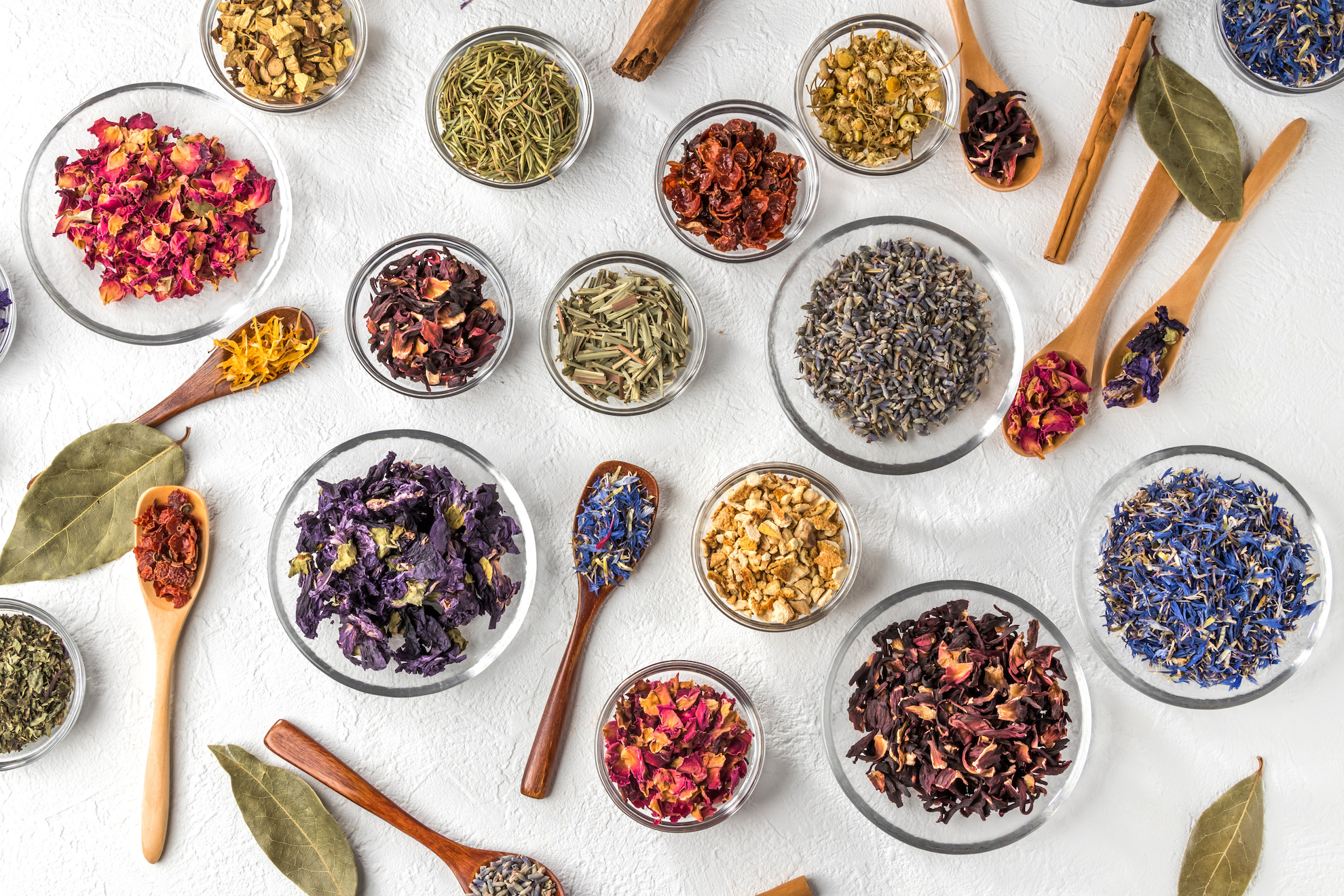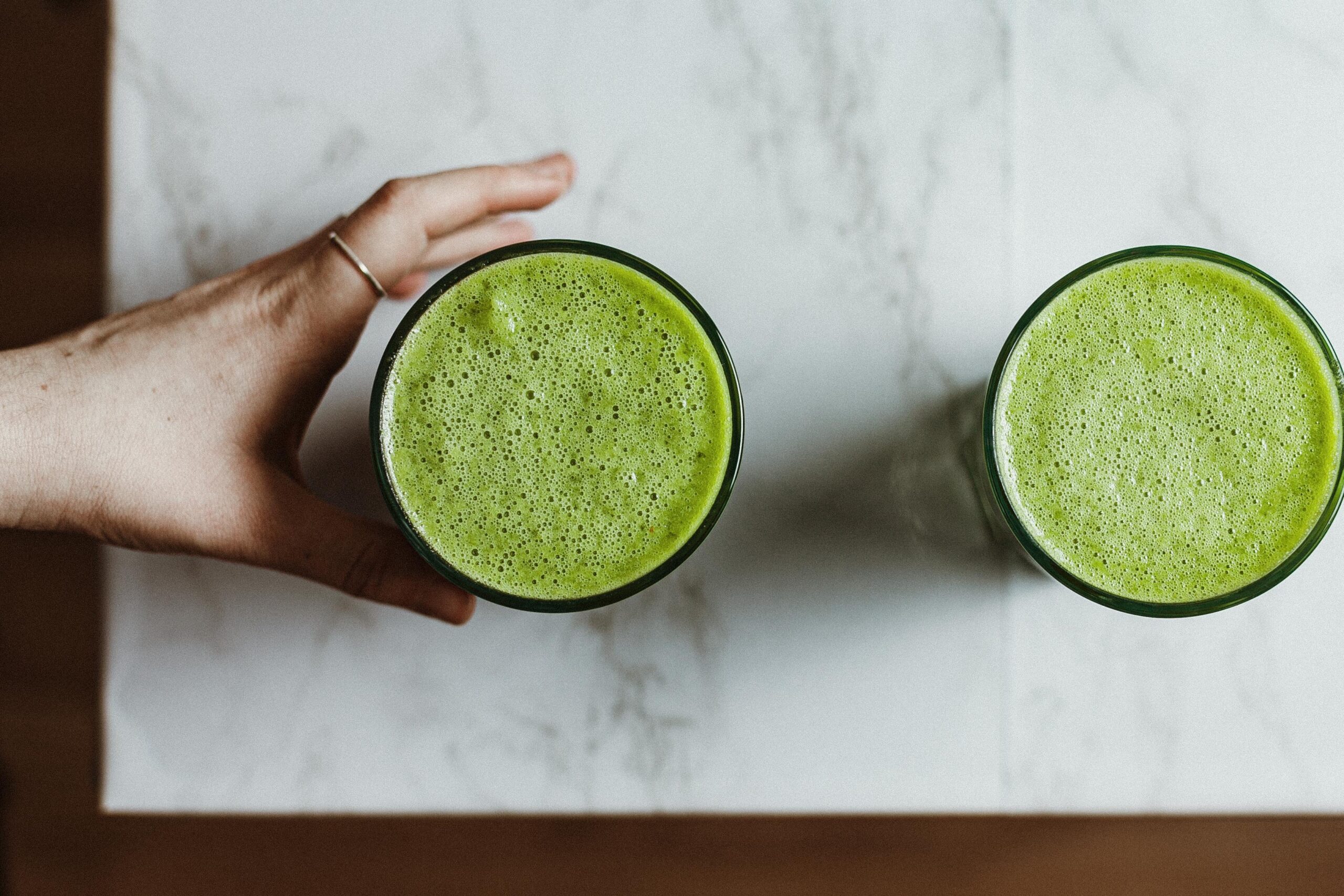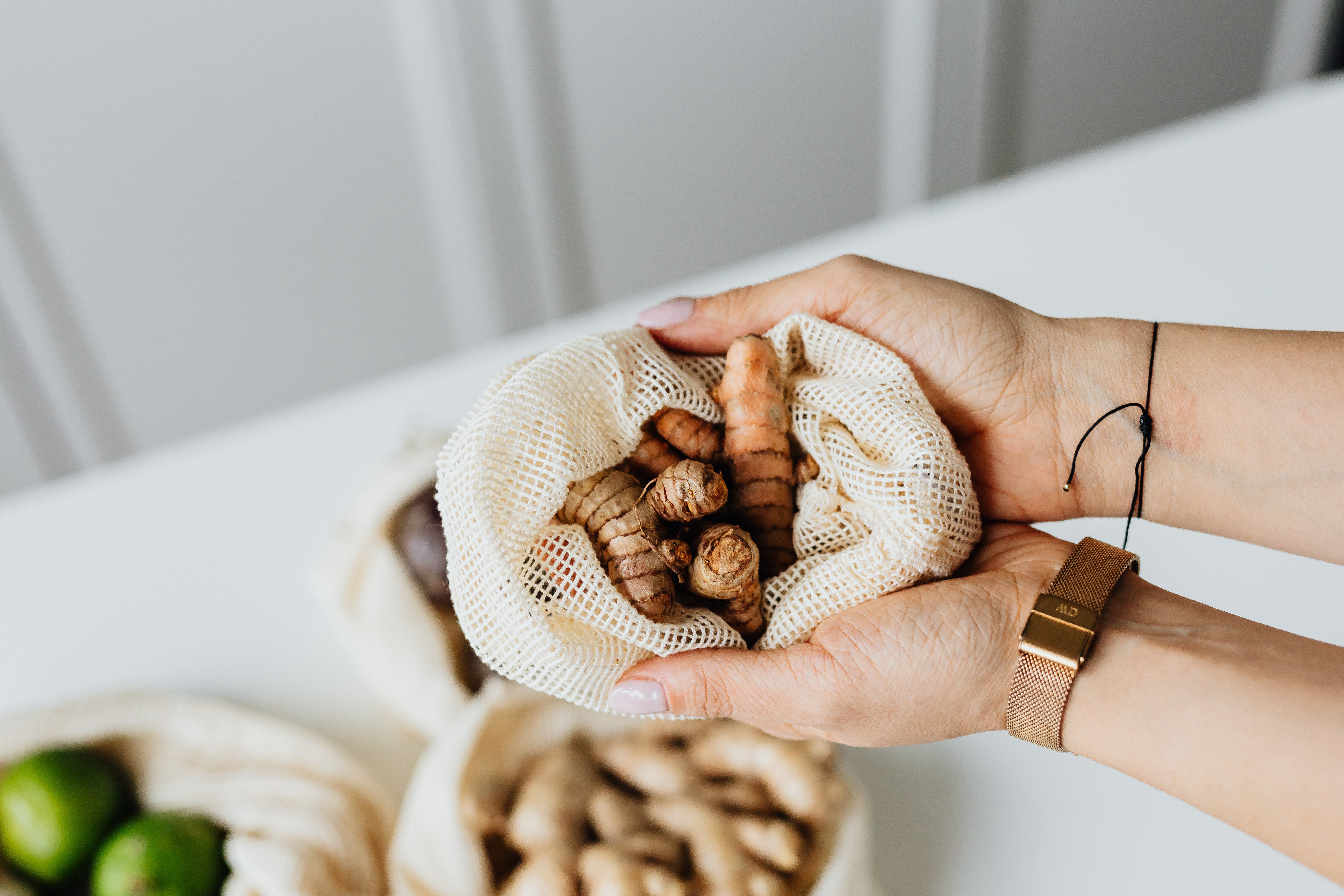There are many people who would benefit from following an anti-inflammatory diet, in fact I would go as far as to say that everyone will benefit. Every disease state or health condition involves some level of inflammation, and to reduce your inflammatory levels will not only help to manage existing health conditions, but prevent future issues. Those who would particularly benefit include anyone with arthritis, chronic pain, inflammatory bowel conditions such as Crohns disease or ulcerative colitis, IBS, any type of autoimmune condition or endometriosis but this list is not as extensive as it could be.
Following an anti-inflammatory diet is all about balance. Pick mostly food from the anti-inflammatory list and reduce your intake of the inflammatory foods. Being well organized with meal planning and regular food shopping in the best way to stay on track.
Foods to limit (Inflammatory foods)
Meats: Red meats are the most inflammatory, as is pork. Avoid organ meat, cured meats, sausages and processed meats such as ham. Chicken and turkey in moderation is fine, and fish is the best choice.
Dairy: It is best to avoid dairy products as part of an anti-inflammatory diet. Milk, cheese, cream, butter, yoghurt, sour cream and ice-cream should all be avoided. This list includes milk products from cows, sheeps or goats. Try almond, soy, rice, cashew, coconut, macademia or quinoa milks in its place. Coconut yoghurt makes a delicious alternative to yoghurt. Always check the ingredients list of the milk alternatives to ensure they are not loaded with sugar and additives.
Fats: Avoid fatty foods such as fatty cuts of meat and fried and junk foods which also have high levels of poor quality and inflammatory fats. Use olive oil, avocado or tahini as spreads on bread instead of butter. Try coconut oil if cooking at high temperatures, or olive oil if cooking at low temps.
Grains: Wheat is inflammatory and should be avoided. This is in part due to the heavy processing that most wheat based products have undergone. Most breads, cereals, crackers and pasta in Australia are made from heavily refined wheat. Limit processed wheat products where you can.
Shell Fish: Limit shellfish to once every 2 weeks. Choose cold water, oily fish instead.
Sugar: Sugar in all forms is inflammatory and should be avoided. Reduce all types of desserts, cakes, biscuits, pastries, soft drink, chocolate, canned fruits, ice creams and commercial breakfast cereals. Check ingredients lists for the food that you purchase to ensure if doesn’t have added sugar.
Yeasts: Avoid the yeast found in most breads and switch to a sourdough or yeast free alternative. Yeast is found in alcohol such as beer, cider and champagne and extracts such as vegemite and marmite.
Drinks: Alcohol, coffee, tea, soft drinks, cordials. Replace with filtered water, herbal teas and vegetable juices.
Foods to Include more of (Anti-inflammatory foods)
Fish: Fish is full of essential fatty acids that have anti-inflammatory health effects. The best choices are mackerel, herring, sardines, ocean trout, tuna, salmon, deep sea perch and blue eye cod.
Veggies: Go crazy on the veggies to reduce inflammation. Include as many as possible ebery day! Aim for 7 different types each day, fresh and organic where possible. Snack on veggie juices, green smoothies or veggie sticks with hommus. Include 3-4 big handfuls of veggoes or salads at lunch and again at dinner. Ensure at least half of your dinner plate contains veggies each night. Including ginger and turmeric into your daily diet will aid in reducing inflammation.
Fruit: All fruits except for oranges. Fresh and organic where possible. Aim for 2-3 pieces per day.
Grains: Wheat free grains are all good for reducing inflammation, and should be much less processed to refined wheat products, therefore more nutrient dense. Include rice, millet, rye, barley, oats, quinoa, spelt, kamut and buckwheat.
Beans: Aim to include beans as a great vegetarian protein source. Broad, haricot, lentil, soy, chickpea, kidney, adzuki, mung, split peas and black-eyed beans are all good options. Cook with a strip of Kombu (sea vegetable) before cooking to aid digestion and reduce the bloating many people associate with beans
Nuts and seeds: All nuts and seeds are full of healthy fats than can help to reduce inflammation. Choose almonds, brazils, cashews, hazelnuts, macadamias and walnuts. Easy seeds include pumpkin, sunflower, chia and linseeds. Always go for raw and unsalted.
Followed long term, these guidelines are a great way of improving your overall health and nutrition
Thanks for reading!
Hayley Stockbridge




0 Comments